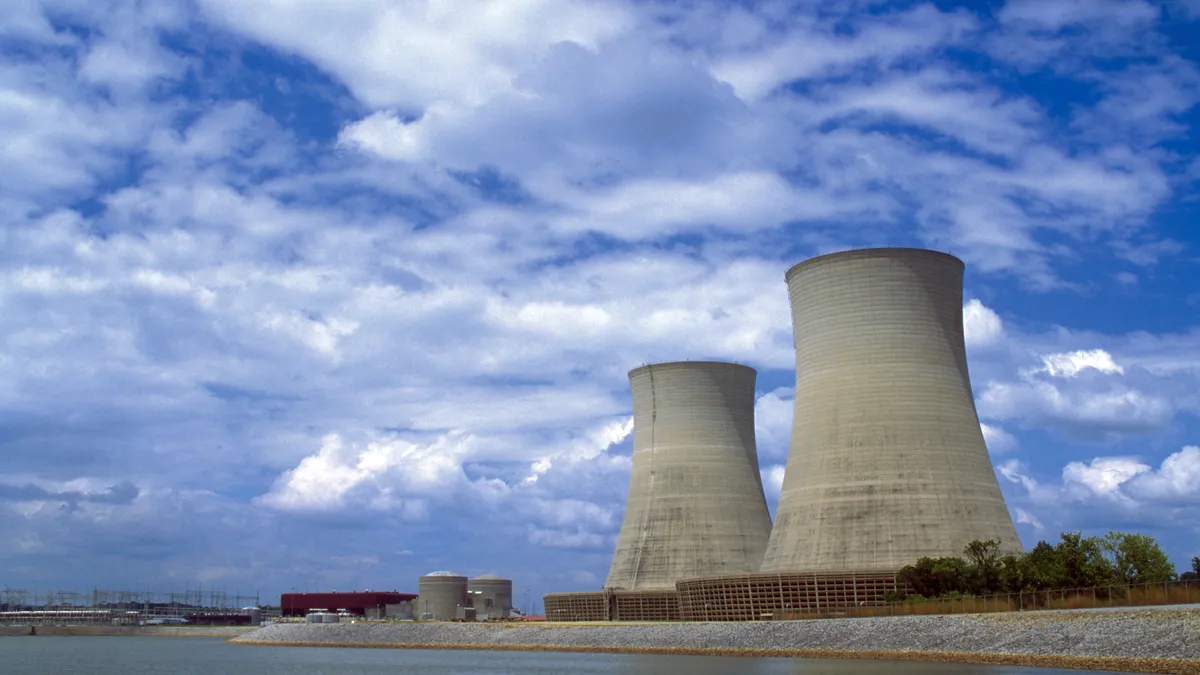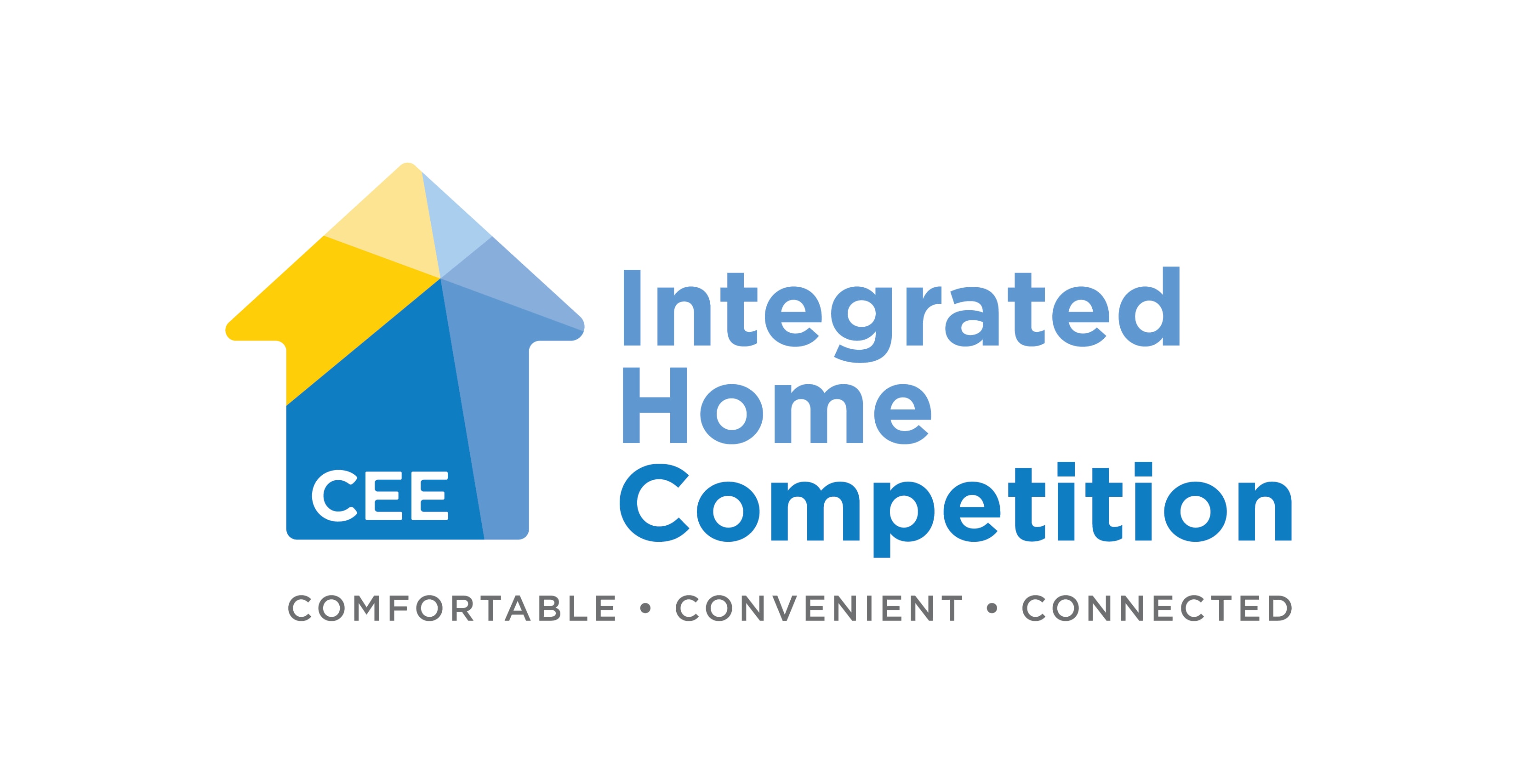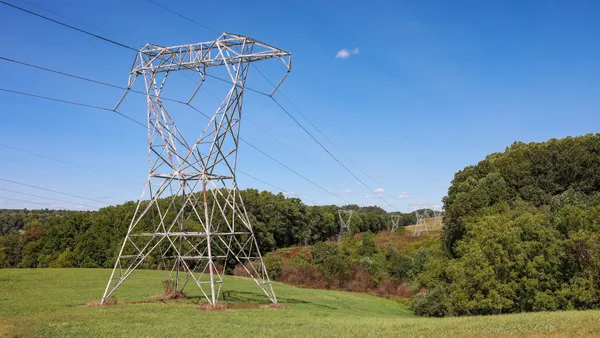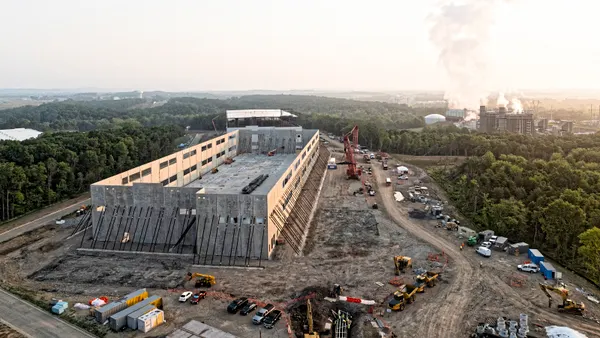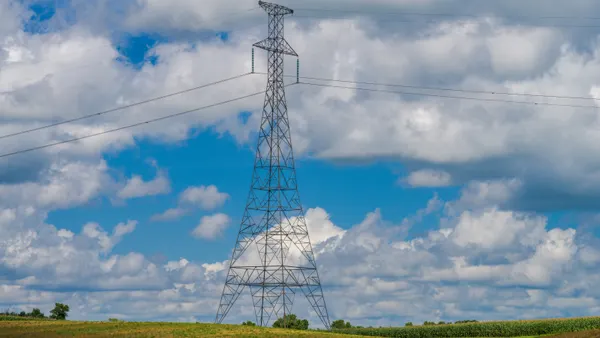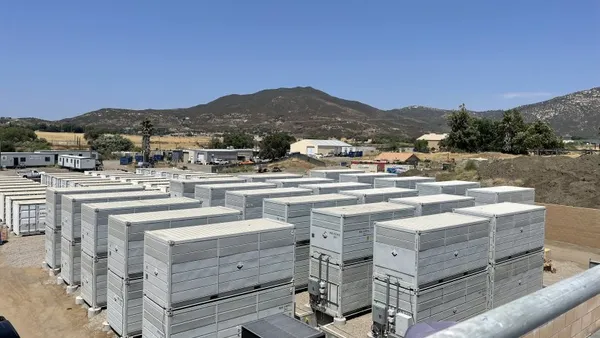Dive Summary:
- Policy analysts believe that merely defining different aspects of energy, such as fossil fuels and solar panels, is not enough to have a meaningful impact on how people base their voting decisions.
- To properly inform the electorate, the New York based research group Public Agenda has devised a three step plan consisting of raising initial awareness of the issues, explaining the tradeoffs associated with every policy to prevent the lure of ideological camps and promoting informed solutions.
- Public Agenda and other organizations working to improve energy policy education point out that it requires time and cognitive effort for people to form nuanced, non-partisan opinions that look to solutions for everyone's benefit.
From the article:
Large swaths of voters don't know that oil is a fossil fuel and can't tell the difference between a solar panel and a skylight.
But just setting them straight about the facts isn't enough to produce an electorate that will arrive at the ballot box with a clear grasp of energy issues. If it were, the vast amount of information circulated about energy would sink in, and we'd all be experts. ...



